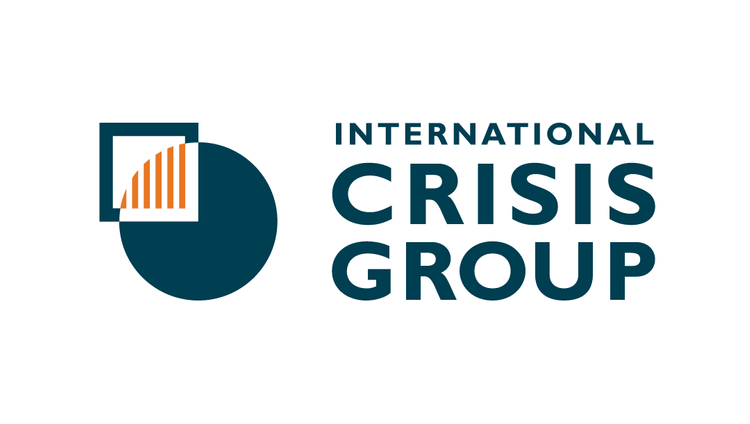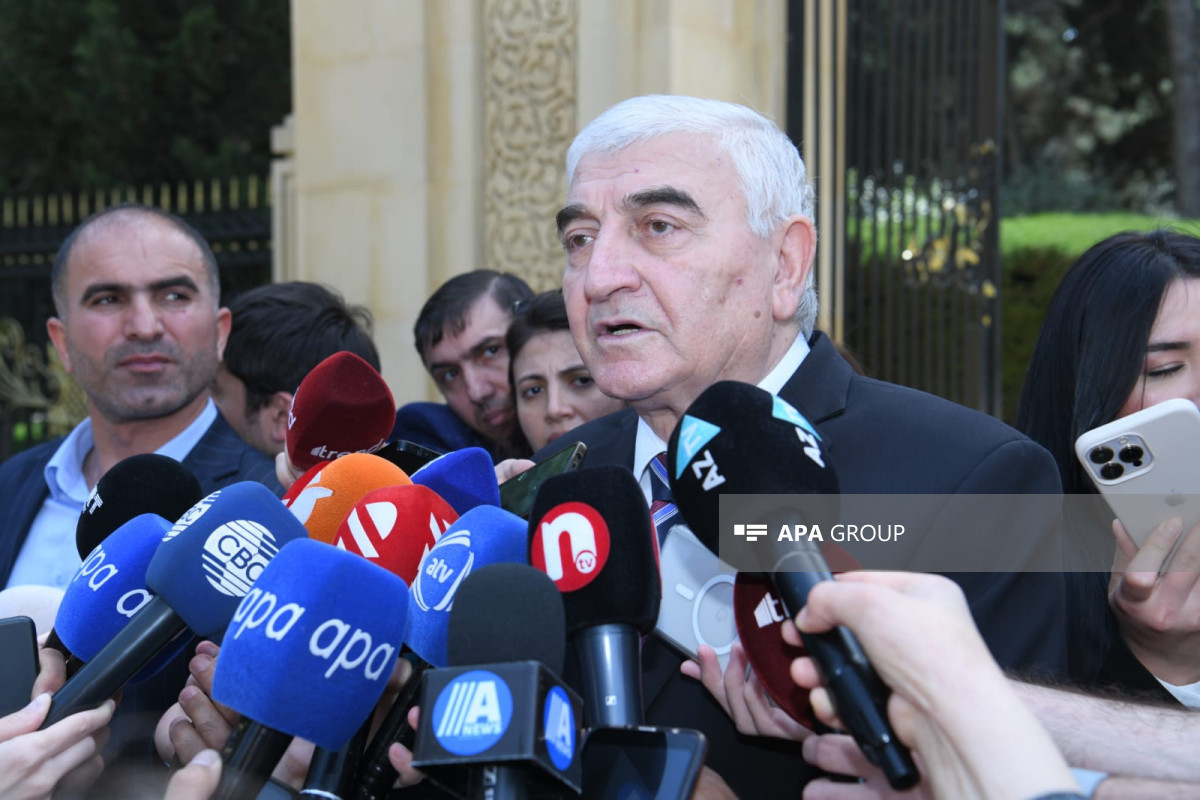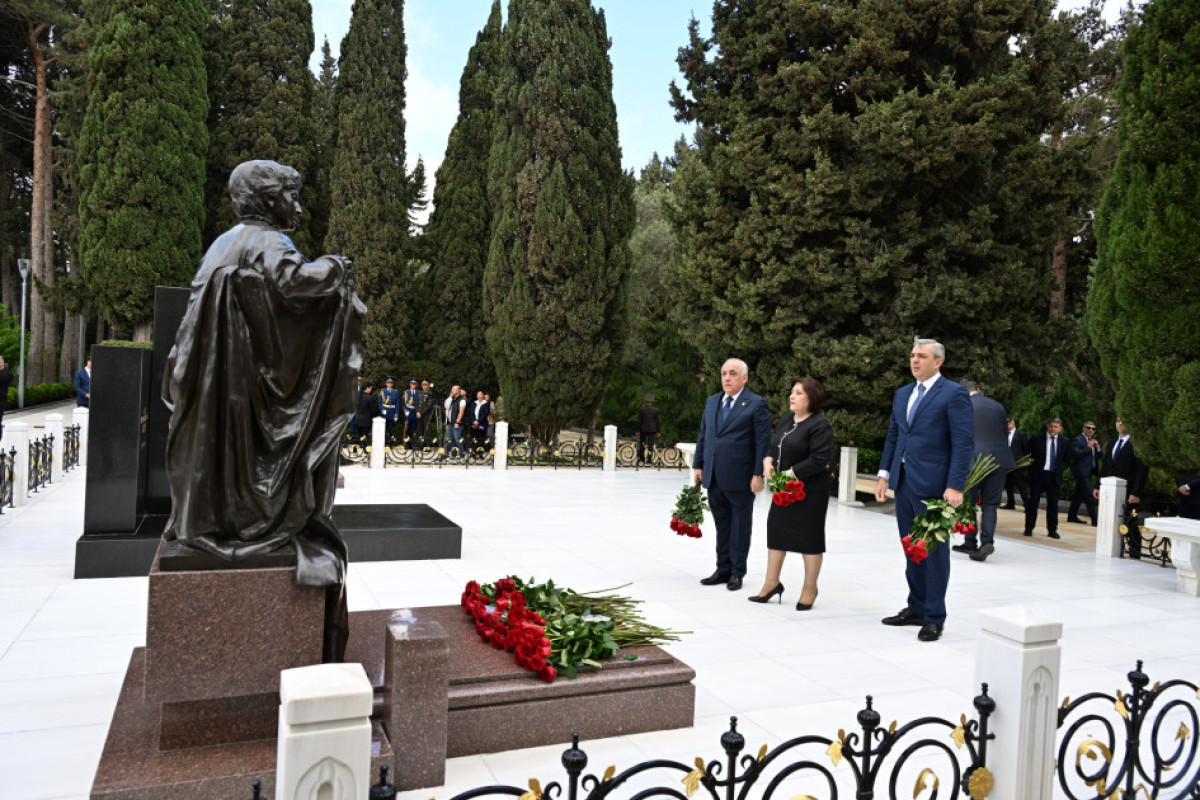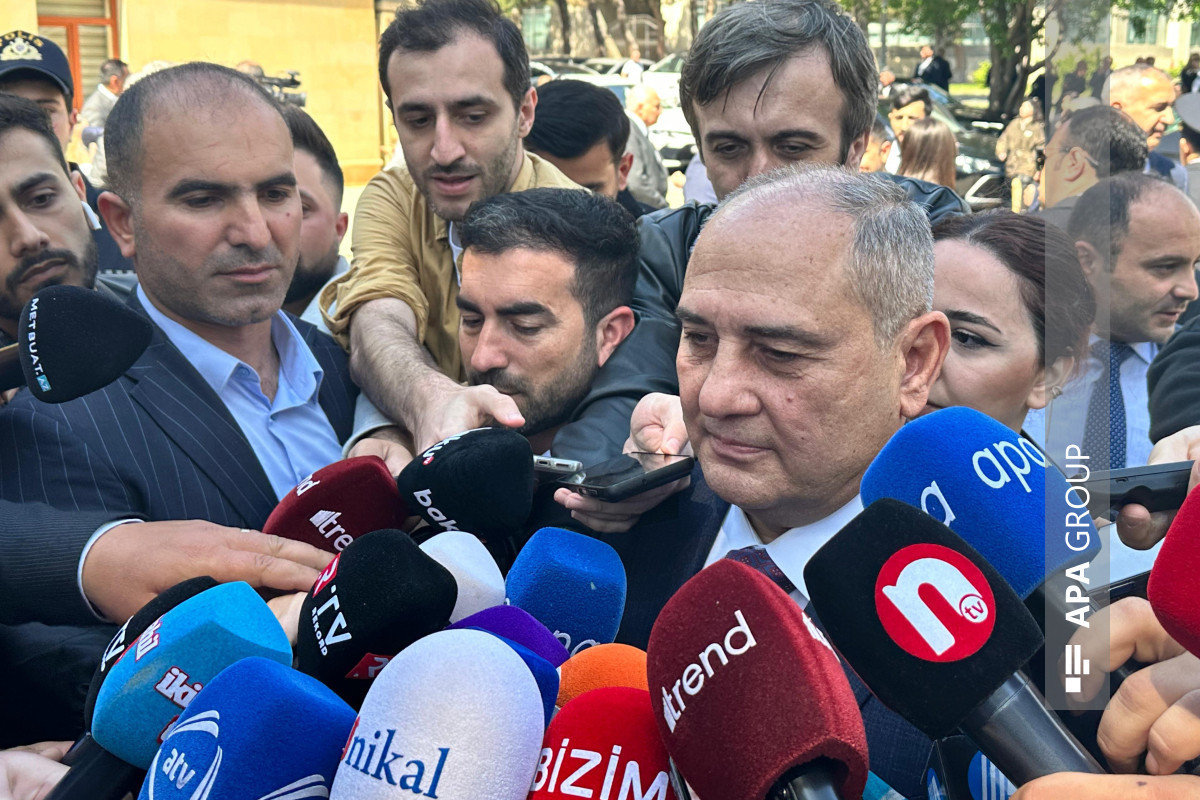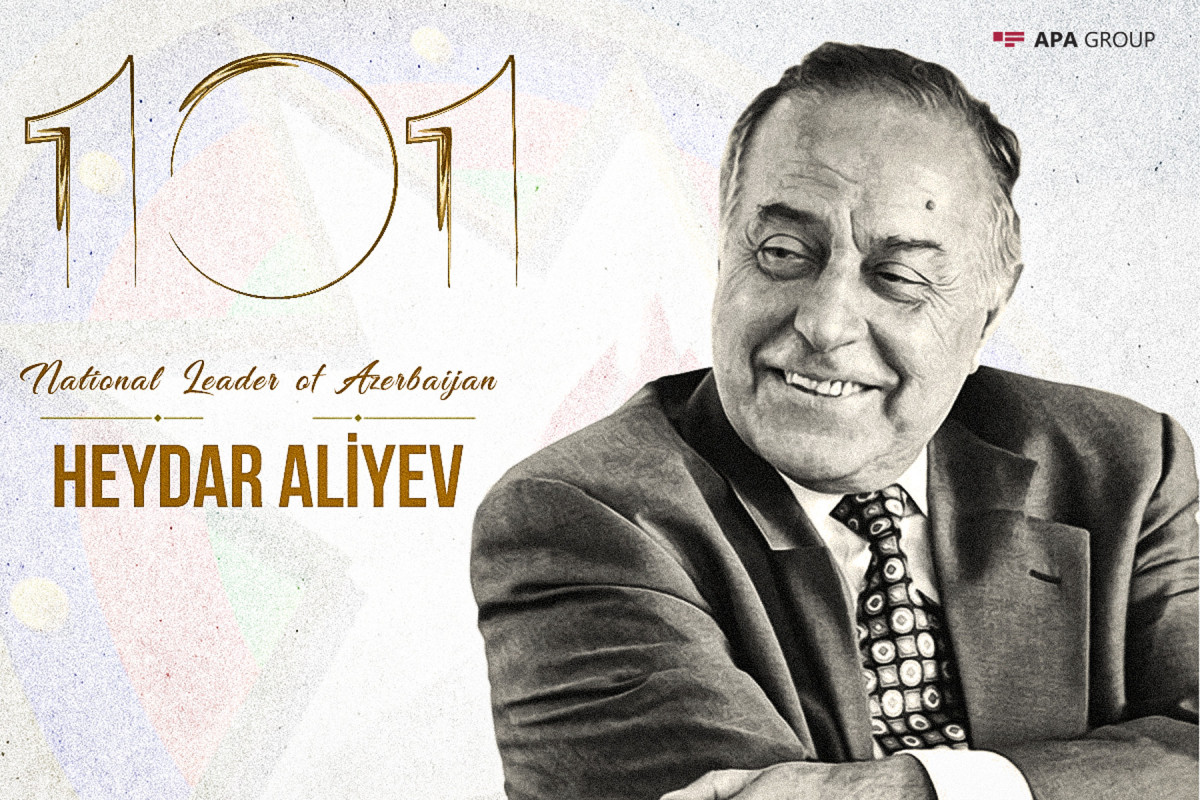International Crisis Group (ICG) has prepared a report on the situation after the Nagorno-Karabakh war, APA reports.
The report “Improving Prospects for Peace after the Nagorno-Karabakh War” reads that decades of failed negotiations after the first Nagorno-Karabakh war hardened positions on both sides, which culminated in 2020’s six weeks of bloodshed: “Today, the ceasefire plan leaves many questions unanswered, including the crucial issue of Nagorno Karabakh’s status, but immediate efforts to force compromise on that risk backfiring.”
The report says that Russian mediation succeeded in ending the six-week war in Nagorno-Karabakh but left much unresolved: “If the cessation of hostilities is to become a sustainable peace, the parties should start by cooperating on humanitarian relief and trade before tackling larger questions.”
What should be done? Rather than seek an elusive comprehensive agreement, parties and stakeholders should prioritise humanitarian needs and international support to rebuild infrastructure and forge cooperative ways forward, including through commerce. Of outside actors, Russia will play the lead role, but success is more likely if Europe, the U.S. and multilateral institutions contribute.”
ICG notes that an evolutionary approach may be wiser than a forced settlement. “Specifically, there may be a logic to leaving Nagorno-Karabakh’s status formally unresolved, at least until the displaced (both Armenians who fled recent fighting and Azerbaijanis forced out in 1994) return and new economic relationships are established between communities.”
According to the authors of the report, while the precise details of Russia’s mandate will become clearer and evolve with time, Moscow will play a leading part.
The report touches upon the role of Turkey: “Turkey, which backed Azerbaijan during the war, looks set to assume a support role in ceasefire monitoring. But a crucial component of a new order will be opening up trade and economic ties to reverse 30 years of Armenian isolation. For that, Moscow cannot work alone or even just with Ankara. A new economic, transport and communications infrastructure to interconnect the region will require broader international investment and attention. In the meantime, humanitarian measures will be critical for not only meeting the needs of those most hurt by war but also improving prospects for cohabitation and a better future for the region.”
The report emphasizes that Azerbaijanis are also planning homecomings. “The 10 November statement promised that those displaced from Nagorno-Karabakh and surrounding regions in 1994, as well as their children and grandchildren, could return to their family homes. Azerbaijani authorities calculate that as many as one million people could make the journey to the adjacent territories and the parts of Nagorno-Karabakh now in Azerbaijani hands. Many families are searching for their old properties on Google Maps and calculating the expense of building new houses, even though the government has promised to rebuild all homes with public funds. Some have made their way to the region to see for themselves what it looks like. The level of destruction has horrified many, as there has been very little direct reporting in Azerbaijan from Nagorno-Karabakh and its environs since 1994.
Shadiya Qahramanova, a 60-year-old schoolteacher, pointed out her house in Fizuli to a Crisis Group researcher: “This is my house. When I learned that I could visit my home, I came here. But I saw only ruins. This wasn’t what I waited 26 years to see”. Others have been unable to find their homes amid the rubble.
Returnees confront other challenges. Authorities must clear towns, villages, roads and the land around them of mines and unexploded ordnance, which riddle the territory Azerbaijani forces have regained, including within Nagorno-Karabakh.
The Azerbaijani Mine Action Agency (ANAMA) has begun this work – its staff have already taken casualties. It has said clearing everything could take up to ten years. In the meantime, some displaced people decided that they could not wait: at least seven died and four others suffered injuries in four mine explosions.
The report reads that all this work will be expensive: “Some Azerbaijani experts assess the cost of reconstruction in the territories regained by Azerbaijan at $20 billion. Azerbaijani officials, for their part, say this estimate is low: they claim the damages amount to more than $100 billion and plan to file lawsuits against Armenia to recoup the money they spend rebuilding. Some returning Azerbaijanis – those who can afford it – are willing to invest in rebuilding their own homes and help jump-start local economies. But it seems unlikely that these private funds, combined with those Baku can offer, will be sufficient, and it is difficult to imagine that resettlement and economic revitalisation will be rapid.
In the meantime, one group of Azerbaijanis needs immediate humanitarian assistance. Those in proximity to the front lines, especially in the Terter region, suffered substantial damage to their properties in the fighting, with many houses destroyed. The Turkish Red Crescent is providing assistance, and the EU has pledged financial aid for rebuilding.


